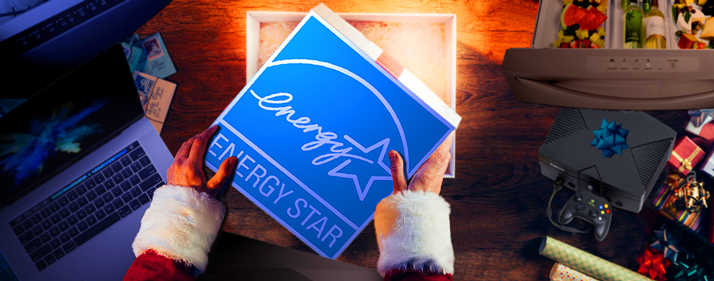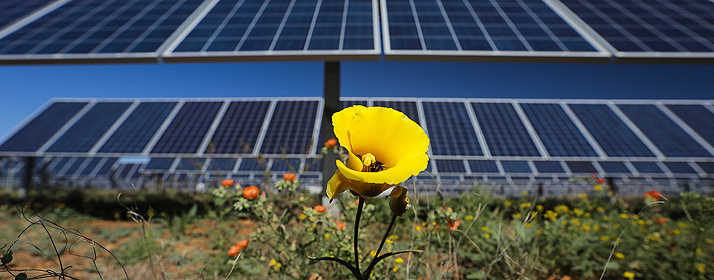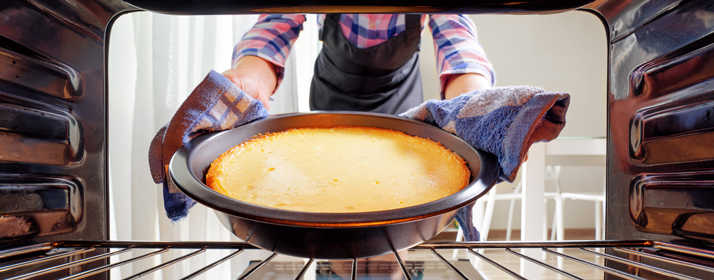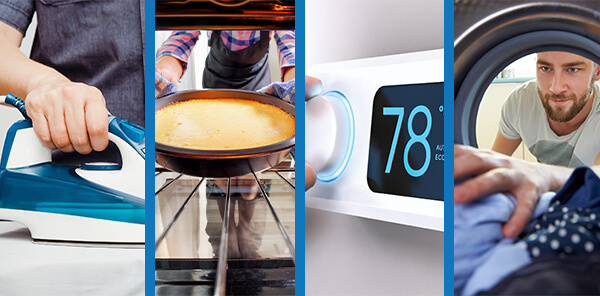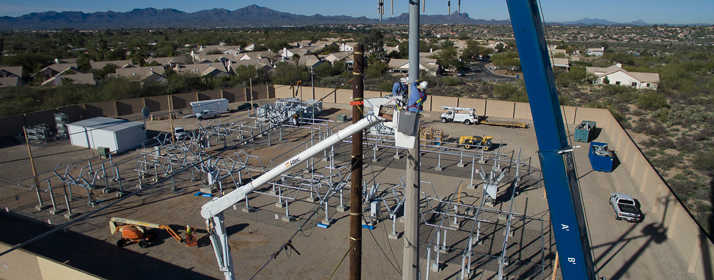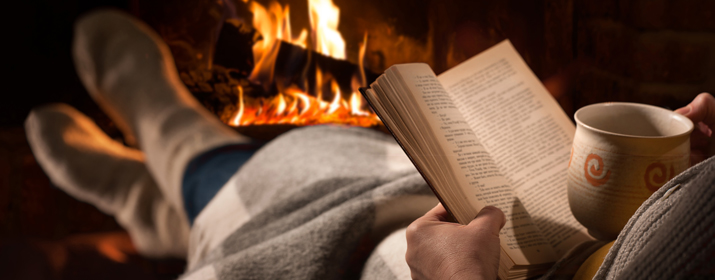
In homes with electric heat pumps, customers can expect their bills creep up as the temperatures start to dip.
But there are steps you can take to reduce your winter electric use while still staying toasty warm inside.
“To be energy efficient in the winter months, make sure to use your electric heat pump properly,” said Armando Ruiz, Senior Tech Specialist in Residential Energy Efficiency Programs and Services for Tucson Electric Power.
First, make sure your electric heat pump is in good working order. Have a professional check your heating and cooling units twice a year – before the winter and the summer seasons.
Air filters should be checked monthly, as well.
“It’s like changing your oil in your car,” said Dan Hogan, Manager of Residential Energy Efficiency Programs and Services. “Day to day, it costs more money to have equipment that is not in optimized operating condition. Ultimately, it will shorten the life of the product.”
During the winter, you should set your thermostat to the lowest comfortable temperature, then keep the setting within two degrees. Don’t turn off the heater if you will be gone for the day because it will take more energy to warm up the home again.
“Balance your comfort with affordability,” Ruiz said. “Find a setting that you like and leave it there.”
Other ways to reduce your energy use in the winter include:
- Open curtains and blinds on south-facing windows to let the sunlight in and create natural heat. But close the window coverings at night to retain the heat.
- Switch the setting on your ceiling fans to rotate clockwise at a low speed. This will gently draw the cooler room air up toward the ceiling and force the warm air down and out toward the walls.
- Make sure your home’s weather stripping, caulking and sealing is creating a weather-tight seal. Double-pane windows also help regulate the indoor temperature.
- Portable, electric space heaters are a good way to warm up small areas, but they aren’t an efficient way to heat a whole house.
Find more energy efficiency tips at tep.com/residential-energy-saving-tips.

